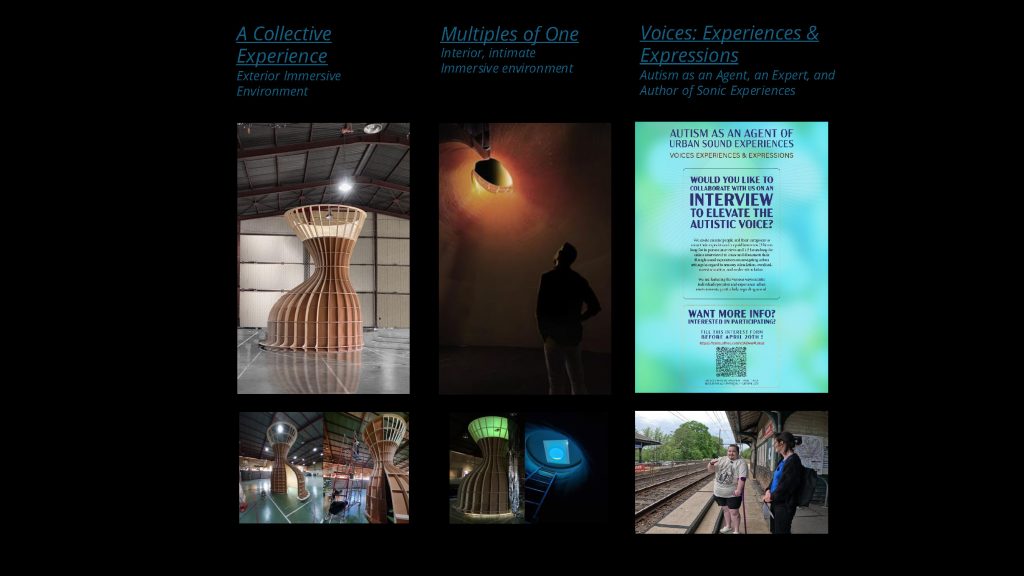Wearable technology and Inclusion: an insight from Witsense, art-tech-science company selected for STARTS in MOTION 2021.
As an emerging field in the creative economy, wearable technologies and e-textiles “are typically used together in the fashion industry to create garments which are capable of computation, interaction, and communication”.[1]WEAR Sustain and Re-FREAM networks, part of the S+T+ARTS initiative, catalyse artists and technologists towards the development of a sustainable and inclusive approach to additive manufacturing (3D printing), e-textiles and eco-innovative finishing to create a new value chain for the fashion industry.[2]
The powerful synergies between artists, designers and technologists drive the innovation animated by e-textiles and wearable technologies, where the focus on environmental sustainability shapes the products’ lifecycle, while ethics preserves the privacy and ownership of personal and embodied data.[3]
Witsense is a company that designs and manufactures sensible innovative products and services with high technological content such as sensory objects and tools, design elements for people with or without disabilities aiming at the improvement of their life. They promote social inclusion through the application of developmental, behavioral and learning methodologies. Their aim is to step further beyond data collection towards an interconnected family of products that engage with the wearer augmenting or mitigating sensory perception.
Witsense has recently developed Sensewear, a project at the forefront of art-tech wearable innovation that has been selected for STARTS in MOTION 2021 accelerator programme and was previously funded by WEAR sustain.
Sensewear is a collection of comfortable and wearable tech solutions that support us in regulating our bodily responses to everyday stressful situations. Some Sensewear items are designed to mute physical sensations, others to sharpen them. Their primary purpose is to stimulate and improve the awareness of our senses, while training us to better use them all.
Sensewear is inspired by therapies applied to people affected by autism and other Sensory Processing Disorders. Autistic children often struggle with overwhelming emotions difficult to be understood. Thanks to smart garments and accessories equipped with textile sensors, some physiological parameters that typically indicate stress can be collected and monitored, helping families and therapists to better recognize and regulate the children’s psycho-physical arousals.
Moving from the concept of “cure” to the concept of “care”, Sensewear weaves a sense of safety and self-confidence around the wearer, enhancing his/her sense of autonomy. This outcome is critical when concerning conditions that affect someone’s capability to deal with daily activities. Hiding high-tech in comfortable and beautiful clothes makes the wearer equal to anyone else with no distinctions, improving the psychological status and his/her integration within the society.
Sensewear garments and accessories are tailored to people with high bodily and emotional sensitivity. The spectrum of their users can comprehend adults and children affected by Sensory Processing Disorders such as ASD, [4] PTSD, [5] ADHD, [6] and people interested in experiencing a wearable solution helping with stress related symptoms.
Witsense has been also supported by Re-FREAM with Lovewear, a smart underwear that helps people of all abilities to self-explore and enhance their own intimacy and sexuality.
This is the third article that we release to feature the projects selected for STARTS in MOTION 2021. You can find the first here “Feminism and diversity: questioning womanhood and post-colonial spaces” and the second here “Exploring ourselves through technology – a critical eye from three art-tech projects”.
Other will come soon, stay updated!
[1] Nick Bryan-Kinns et al., “Wear Sustain Network: Ethical and Sustainable Technology Innovation in Wearables and Etextiles”, p. 6, presented at Global Fashion Conference 2018, held in the Centre for Sustainable Fashion, London College of Fashion, University of the Arts London.
[2] http://re-fream.eu/about/
[3] Nick Bryan-Kinns et al., “Wear Sustain Network: Ethical and Sustainable Technology Innovation in Wearables and Etextiles”, presented at Global Fashion Conference 2018.
[4] Autism Spectrum Disorder.
[5] Post Traumatic Syndrome Disorder.[6] Attention Deficit Hyperactivity Disorder.


